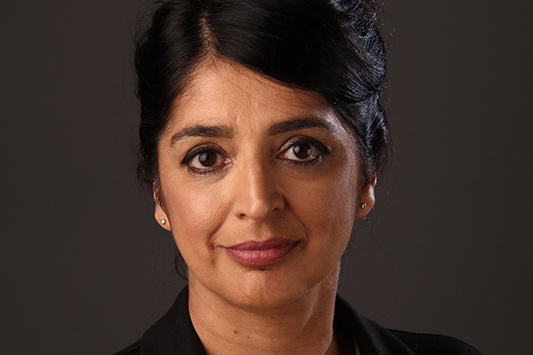On behalf of Professor David Wilkinson, Head of School, I am pleased to invite you to the School of Psychology’s Annual Lecture 2019-20, to be held on Thursday 31 October 2019.
The talk will be preceded by a drinks reception in Sibson Atrium Foyer at 17.00.
The talk will begin at 18.15 in Sibson Lecture Theatre 1, which is adjacent to Sibson Atrium Foyer. Sibson building is on our Canterbury campus and can be located via the on-line campus map: https://www.kent.ac.uk/maps/canterbury/canterbury-campus
Talk abstract
Gathering accurate and detailed information from witnesses is essential for establishing what happened for prosecution purposes and for intelligence gathering to prevent incidents. The cognitive interview is an ethical and effective model of interviewing that draws on the science of memory and communication.
Research on the Cognitive Interview has had an enormous impact on best practice guidance in many countries and in particular on interview structure and questioning style. The appeal of the CI lies in its flexibility to be adapted for use in different contexts. Within the policing and criminal justice context, it’s been invaluable in inspiring research with different populations to examine how cognitive deficits and other challenges may compromise witness testimony. When used appropriately the CI results in a questioning style that minimises bias that can come from interviewers or misleading information.
In this talk I’ll review the impact of this investigative interviewing tool, highlighting best practice showing how far we have progressed. I’ll end with a commentary on future applications of the tool including its potential for gathering information about human rights abuses and the benefits for interviewers as well as interviewees.
Speaker biography
Professor Amina Memon is director of the interdisciplinary Research Centre for the Study of Emotion and Law at Royal Holloway. She conducts robust and ecologically valid research on the use of cognitive techniques in police investigations. Her work has important implications for how children, vulnerable adults and seniors are interviewed and how these interviews are undertaken and processed by police officers, judges and other professionals within the judiciary system.
For a fuller biography, and more information regarding Professor Memon’s research interests, please follow this link: https://pure.royalholloway.ac.uk/portal/en/persons/amina-memon_a245d9ab-7d41-4b02-9763-69d8732920fe.html
The academic host for this speaker is Dr Emma Alleyne, Senior Lecturer in Forensic Psychology, School of Psychology, University of Kent.
If you would like to attend, please register via psychannuallecture@kent.ac.uk saying whether you plan to attend the drinks reception and, if so, if you have any special dietary requirements.

